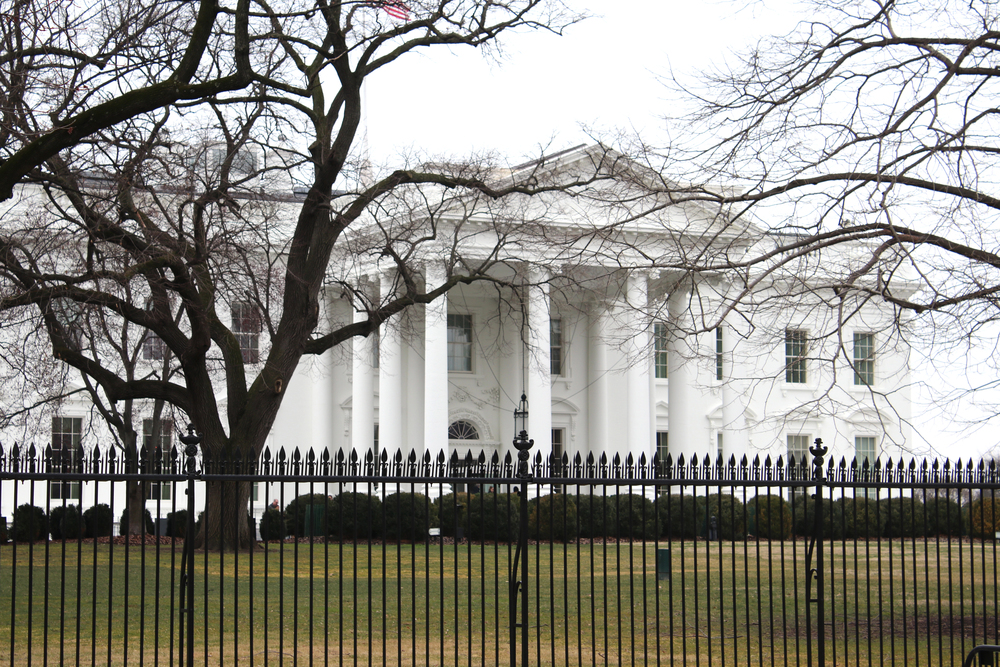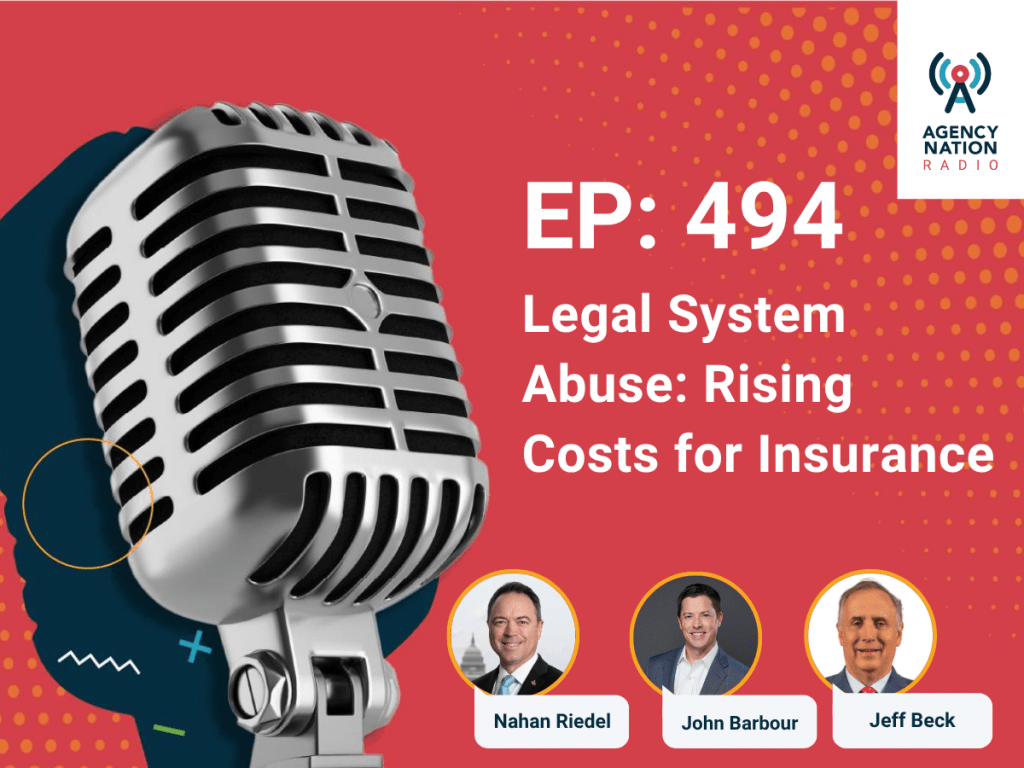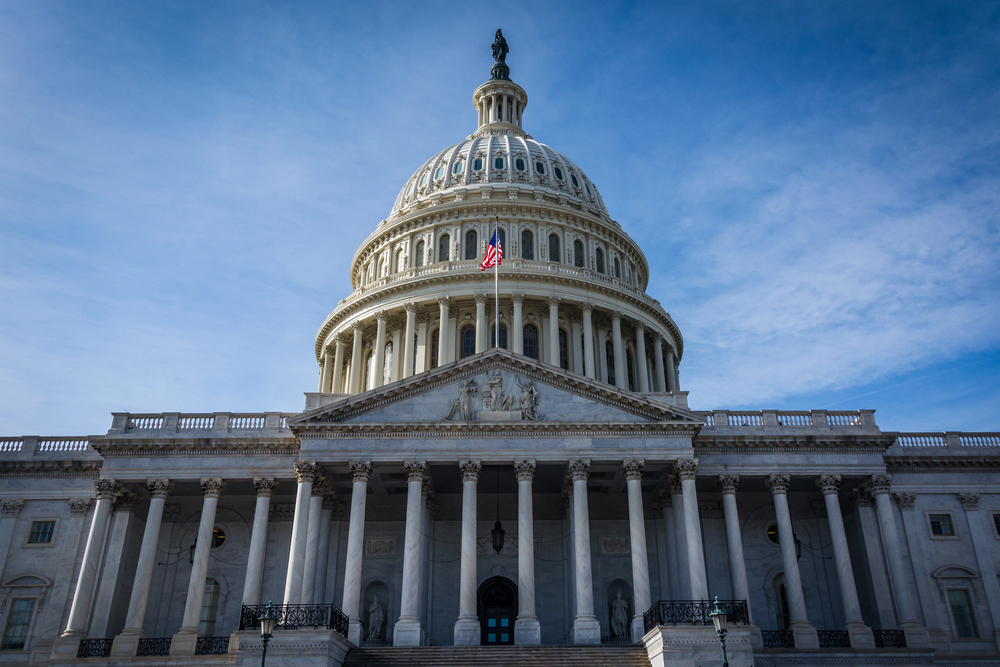Federal Proposal Would Cut Insurer and Agent Compensation

By: Jennifer Webb
As Congress seeks to reform the NFIP before it expires on Sept. 30, Republicans on the U.S. House of Representatives Financial Services Committee released a summary of the key provisions to be included in flood insurance reform legislation. One provision would establish a mechanism for capping compensation for WYOs at no more than 25%.
Currently, WYO companies receive 31.9% of policyholder premiums before various federal fees and surcharges are added to administer the NFIP. From that amount, WYOs pay about half to agents, in addition to paying vendors, state premium taxes and other costs.
While the document does not provide additional details or outline a specific cap on agent commissions, such a deep cut to WYO compensation is expected to significantly impact agent commission levels, as it will force carriers to reduce costs. The Big “I” is concerned that such a drastic cut to the WYO program will limit the delivery mechanism for flood insurance and ultimately force insurers and agents to leave the WYO program—potentially limiting consumer access to the NFIP.
Generally, the summary states that the legislation would reauthorize the NFIP for five years and focus reform efforts on affordability issues, private market growth, mapping, mitigation, solvency of the NFIP and claims processing. However, the summary does not include substantial detail, so it is unclear how many of the provisions will impact the NFIP and insurance agents if they were to become law.
The summary states that legislation will likely seek to:
- Phase out NFIP coverage for residential structures where the replacement cost exceeds $1 million, subject to the local availability of private-sector flood insurance after four years.
- Prohibit the NFIP from selling new coverage for structures being built in the highest-risk areas, subject to the local availability of private-sector flood insurance after four years.
- Prohibit the NFIP from making coverage available for any property where the aggregate amount in claims payments exceeds twice the amount of the replacement value of the property.
- Lower the cap on individual policyholders’ annual rate increases for Pre-FIRM residences in the Special Flood Hazard Area from 18% to 15%, but increase the minimum required annual rate increase to 8%.
- Clarify that a private flood policy can satisfy the mandatory purchase requirement for flood insurance and NFIP continuous coverage requirements.
- Clarify the rules regarding frequently flooded properties, including barring certain properties from the program.
The summary also states that the legislation would seek to build upon efforts already underway at the NFIP, such as reforming rating procedures and allowing for mid-term cancellation refunds if private coverage has been secured
The Big “I” anticipates that the House will introduce legislation to reauthorize the NFIP soon, and that it could serve as the basis for any potential NFIP reforms. Draft legislation to reauthorize the NFIP by Sens. Bill Cassidy (R-Louisiana) and Kristen Gillibrand (D-New York), which does not include cuts to agent compensation or the WYO reimbursement rate, is also circulating in the U.S. Senate. However, they have not yet introduced it, and additional Senate legislation is expected. The Big “I” will continue advocating against cuts to the WYO program and any reforms that would negatively impact consumer access to flood insurance.
Jennifer Webb is Big “I” federal government affairs counsel.










